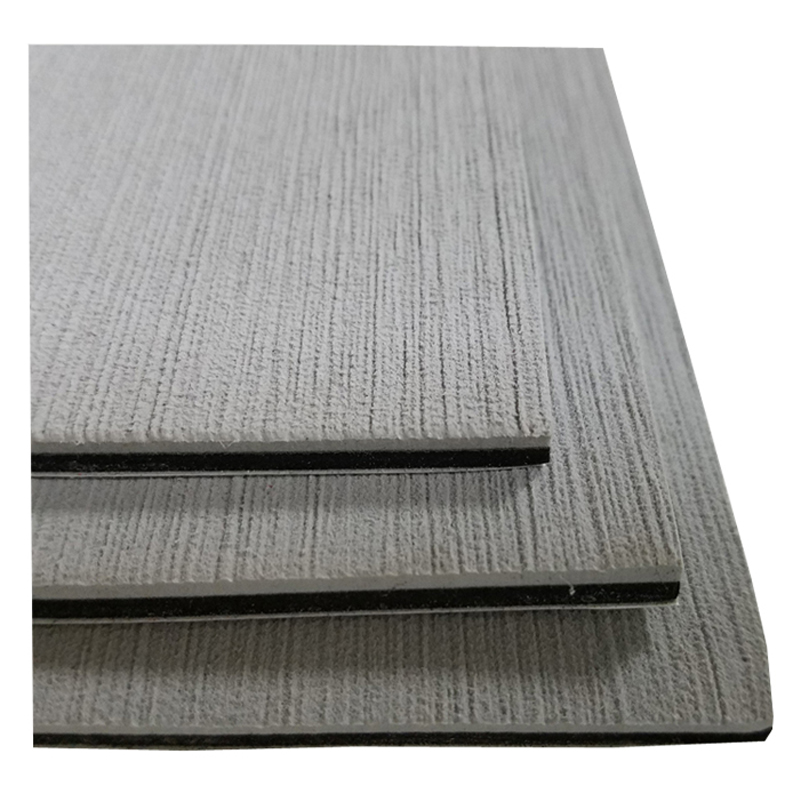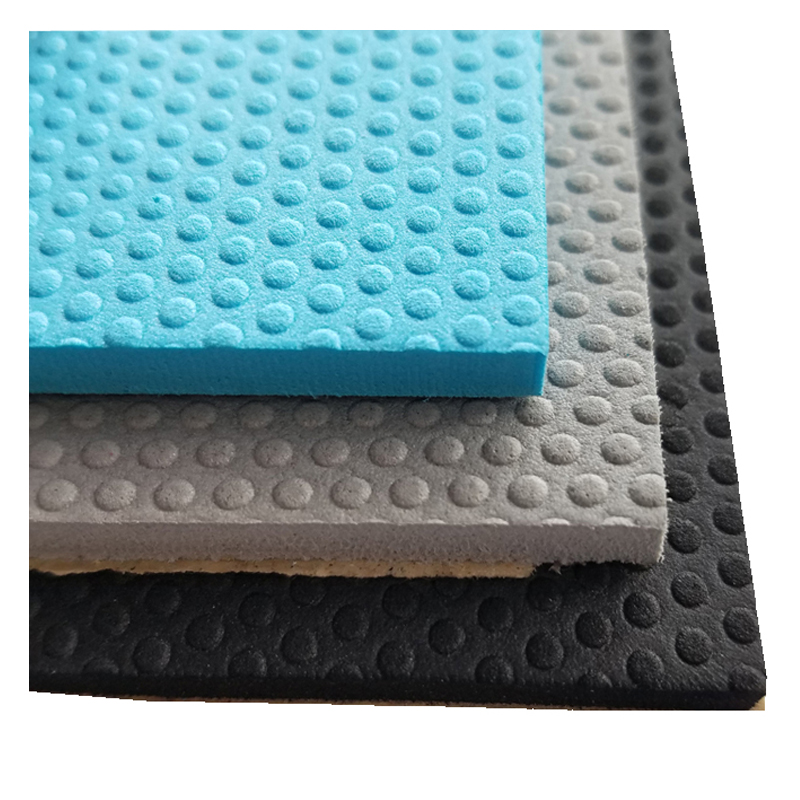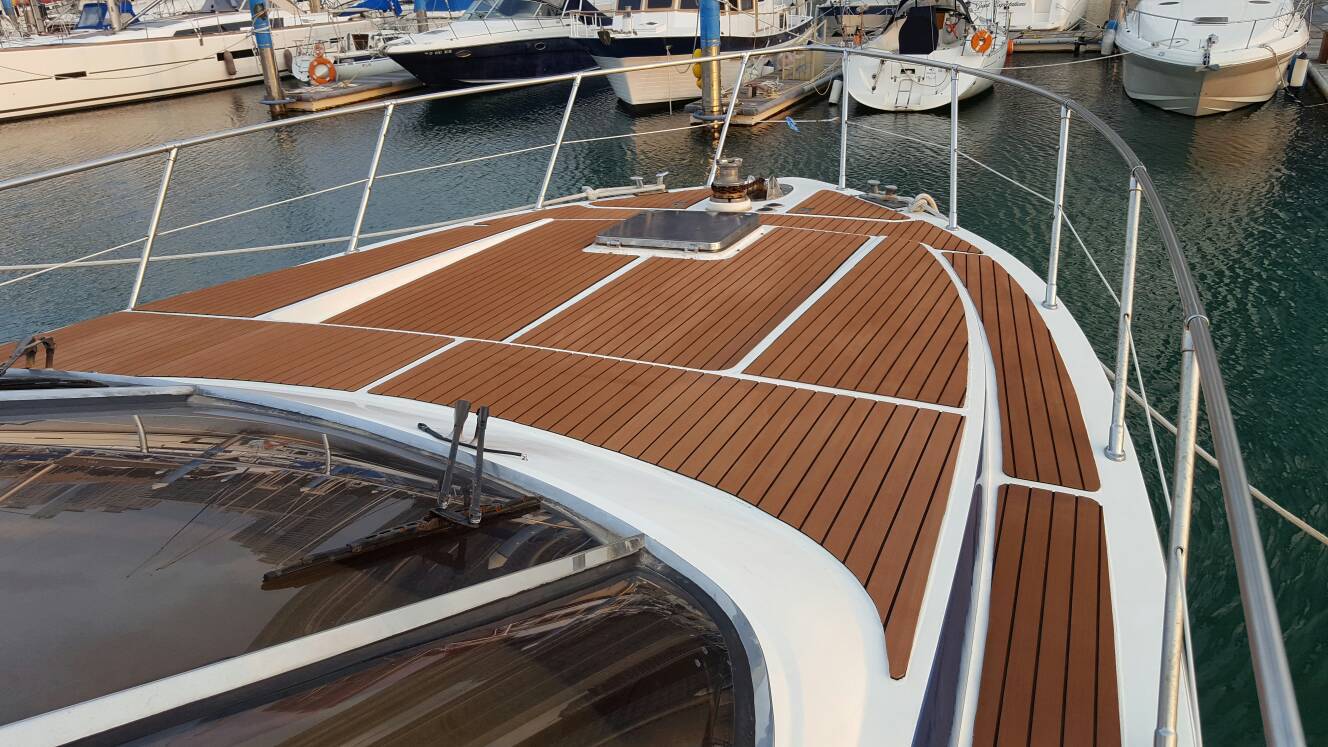How can Tesla, which builds a factory in China, bring the sweetness to parts and components companies?
From November 8 to 10, US President Trump paid a state visit to China. According to reports, the China-U.S. dollar first meeting has reached important consensus in many aspects, and China will begin to liberalize foreign investment shares of new energy vehicles within the scope of the Pilot Free Trade Zone by June 2018.
In fact, prior to this, the American media disclosed that Tesla’s establishment of a factory in China was announced before and after Trump’s visit to China. There is also news that Tesla has signed a contract with the Shanghai Municipal Government. The two sides are negotiating on the details and will issue an official announcement in due course. In response, Tesla officially responded: It is discussing with the Shanghai Municipal Government the possibility of establishing a factory in the area.
Although the "boots" did not finally land, China is currently the world's largest producer and consumer of electric vehicles. Tesla's construction in China is probably only a matter of time. For China's parts and components companies, does this mean that business opportunities will follow?
Core components are monopolized by companies in Europe, the United States and Japan
Power batteries are the core components of electric vehicles. Tesla's component suppliers will find that companies in Europe, the United States, and Japan monopolize the supply chain of the core components of their power batteries.
Tesla Model S and Model X are equipped with 18650 lithium batteries. The company's new Model 3 uses 20700 high-performance lithium cobalt oxide batteries. But regardless of the type of power battery used in the model, Tesla's battery PACK is provided by Panasonic.
The battery consists of a positive electrode, a negative electrode, a separator, and an electrolyte. Panasonic is an exclusive supplier of Tesla power batteries and does not produce all of its own materials. The supplier of cathode materials for Panasonic batteries is Sumitomo Chemical, the separator also comes from Sumitomo Chemical, the supplier of negative materials is Hitachi Chemicals, and the electrolyte is provided by Mitsubishi Chemical.
More than 7000 lithium battery cells guarantee the long running range of the Tesla electric vehicle, which places high demands on the battery management system (BMS). Although Tesla allowed Matsushita to provide its own battery PACK, BMS developed its own.
BMS involves not only software algorithms, but also many control units. The Tesla BMS's integrated circuit (ASIC) is provided by STMicroelectronics. The contactor (connector) is provided by Tyco of the United States and the coolant is from Gao Hua.
In China, only Taiwan Futian Electric is a Tis-1 supplier and provides AC induction motors for its models.
Most Chinese companies are secondary suppliers
Tesla's Tier 1 suppliers have few domestic parts companies. However, the reporters found out that many domestic companies are material suppliers for their core components, ie, Tier 2 suppliers.
The precursor of Panasonic battery PACK is supplied by Minmetals Capital. Shanshangufen, Luoyang Molybdenum, Hanrui Cobalt and Greentech four companies supply Sumitomo Chemical with nickel, cobalt, aluminum and other raw materials. Betrix supplies graphite to Hitachi Chemicals. Tian Qi Lithium, Qi Feng Lithium, and Yi Wei Lithium can supply lithium titanate and SiOx (silicon based anode material) to Hitachi Chemicals. In the separator, the substrate polypropylene and ceramic coating occupy an important position, these are provided by Nanyang Technology. Mitsubishi Chemical's lithium hexafluorophosphate is from Neo-Chou. Additives are from Jiangsu Huasheng, a subsidiary of Changyuan Group.
In Tesla's BMS system, Tyco connectors use raw materials metal, electroplating materials, plastics, and structural materials from Derun Electronics. Xinjiang Tianye and Donghua Technology supply raw materials, water and glycol to help Italy China produces coolant.
In the Tesla electric drive system, the neodymium-iron-boron magnet needed for the motor is supplied by Zhongke Sanhuan, the copper rotor is provided by QXM; the magnetic material of the motor magnet is provided by Hengdian Dongfang; the motor terminal housing powder The metallurgical parts are manufactured by Tosoh Corporation, and the single-actuator micro-transmission case is provided by Xusheng.
In the field of charging, Tesla selected Shanghai Putian as a charging pile operator to provide charging services for end users in China. In the United States, Tesla built its own super charging station. It is said that in the charging market in China, the company had also wanted to “go it alone,†perhaps considering that the Chinese market environment is very different from the United States and ultimately chose to cooperate with local companies.
If Tesla's suppliers are classified according to the powertrain system, drive system, charging, chassis, bodywork, other components, central control systems, interiors and exteriors, they can find that their direct and indirect suppliers are up to one. More than one hundred and thirty home companies basically belong to indirect facilities.
Secondary and peripheral suppliers may benefit
In order to reduce costs and increase competitiveness in the Chinese market, Tesla had plans to build factories in China. In early 2016, the CEO of Musk stated in an interview with the media that Tesla is looking for ways to make cars in China.
As a global benchmarking company for electric vehicles, Tesla has received extensive attention in every move. Wang Binggang, head of the National New Energy Automotive Technology Innovation Engineering Expert Group, told reporters: "As a representative manufacturer of electric vehicles, Tesla's development has unique features, and its technology, management and marketing methods are worthy of domestic corporate learning. In general, Tesla's establishment of a plant in China will be beneficial to the development of China's new energy automotive industry." However, there are industry sources that Tesla will have an impact on Chinese car companies, especially those who are ready to launch high-end cars. New car makers.
Looking at it from another perspective, if Tesla builds a "stuck" in China, can China's auto parts companies enjoy the benefits? According to Fang Jianhua, partner and president of the New Energy Automotive Venture Capital Subfund of the National Science and Technology Achievements Transformation Fund, different parts and components need to be treated differently: “Tesla builds a plant in China and will bring more to the secondary and peripheral suppliers. Many opportunities, they are expected to benefit from it, but in the core components, domestic companies may not benefit."
No matter Tesla or other automobile companies, there is a strict certification system on the core components. For many years, Tesla has always purchased Matsushita's power battery. Samsung SDI also hopes to support it. However, after efforts, it is still unsuccessful. There are too many aspects involved in replacing power battery suppliers. Vehicle design, BMS, etc. need to be readjusted, and companies will pay huge time and capital costs. Panasonic and Samsung SDI's power batteries are at the same level. Tesla doesn't need to pay extra for replacement battery suppliers. In particular, the company is still at a loss stage, and it is even more unnecessary to do so.
Fang Jianhua told reporters: "Even if Tesla builds a plant in China, its power battery production may not be placed in China. Many secondary suppliers of raw materials will still be supplied in the same way as before. There is no supply method for them. Too much of an impact, but peripheral parts and components companies may be able to save a lot of transportation costs. Tesla set up factories in China and will also look for more external suppliers, which will give them a lot of opportunities."
Earlier this month, Musk publicly stated that Tesla's China factory will not become a reality until a few years later, and the scale is to produce hundreds of thousands of cars annually. If this is the case, the domestic parts and components companies can make full use of this time to complete the certification process, which will be exactly connected to this business opportunity.
EVA Boat Flooring is a new type marine sheet flooring for boat or yacht. Made from marine grade UV-resistant, closed cell EVA foam material, it is waterproof, antibacterial, comfortable, durable and non-skid.
Basically, the boat flooring has two different textures available, which is brushed and embossed. The sheets can be cut into size to fit the shape of boat decking, then peel the adhesive on the backing and stick it.


Normally the EVA marine sheet can be applied on the boat decking, or with a thicker material, it can be applied as helm station pad, seat pad, or coming bolster pad. What's more, it can be also applied on the edge of swimming pool, cause it can provide a good traction and safety when the feet is wet.

Eva Boat Flooring,Eva Yacht Flooring,Marine Sheet,Diy Boat Flooring,Boat Floor Mat,Boat Mat
Huizhou City Melors Plastic Products Co., Limited , https://www.evafoammaster.com
